One of the most highly debated topics is the use of artificial sweeteners in our food supply. More and more consumers are looking to bring down the amount of sugar and calories in their diet, so they find themselves turning to artificial sweeteners. But is doing so really necessary to sustain a healthy, balanced diet? And more importantly, is it safe? Outlined below are the top 3 reasons why you should avoid artificial sweeteners when choosing products at the grocery store and how to make smart choices when looking for almost sugar-free protein snacks.
But, First! – How to Spot Them on a Food Label
When it comes to reading food labels in search for artificial sweeteners, it can be a bit tricky to spot them amongst all the other ingredients listed. Sucralose, also known as aspartame, is the most common artificial sweeteners listed on the label often found in diet beverages, candies, granola bars, ice cream, etc. Don’t confuse the artificial sweetener ‘sucralose’ with the ingredient ‘sucrose’ which is simply the chemical name for common cane sugar. Other artificial sweeteners you may come across include saccharin, acesulfame potassium (Ace-K), neotame, or adventame. Now let’s get into why avoiding artificial sweeteners is so important.
1. Safety: When it comes to evaluating the safety of artificial sweeteners, almost all of the evidence-based research studies are inconclusive. The majority of the studies have been performed on rats or mice and it is challenging to translate these results into proving the safety of human consumption. Although the FDA lists these high-intensity sweeteners, as GRAS, or generally recognized as safe, their long-term effect on the human body is still up for debate.
2. Ingredients: Artificial sweeteners are synthetically produced, instead of being found in nature. They contain ingredients that our bodies are not used to digesting and absorbing. Additionally, many of the artificial sweeteners used in the food supply are compounds that must be bound to other ingredients derived from yeast, corn, etc. due to the magnitude of their intense sweetness. Because of this, it is difficult to determine exactly what ingredients you are putting in your body. As a result, sensitivities and intolerances to artificial sweeteners are becoming more and more common due to their digestibility.
3. Calorie-Free Foods and Beverages: Artificial sweeteners are used in place of real cane sugar or other natural sweeteners for a food product to contain very few or zero calories. The consumption of these foods disrupts our body’s natural hunger cues and signals for satiation. For example, if a person drinks a glass of zero-calorie diet iced tea, sweetened with sucralose, the body will recognize the sweetness and will begin preparing the body for the digestion and absorption of calories and carbohydrates. If no calories ever arrive, it can throw off not only our appetite, but the signals being passed from the mind to the gut.
Choose Natural Sweeteners
Aim for naturally sourced sweeteners such as cane sugar, monk fruit extract, stevia, honey, etc. to feel safer and healthier with your food choices! NuGo Nutrition now makes vegan, low sugar protein cookies and protein bars without artificial sweeteners. NuGo Slim protein bars are sweetened only with real dark chocolate and chicory root fiber.
NuGo’s brand new product line, the NuGo Perfect Cookie, is perfectly sweet without artificial sweeteners. This almost sugar-free protein cookie is naturally sweetened with monk fruit and stevia. It is soft, chewy and delicious with flavors with less than 1 gram of sugar, 10 grams of plant protein, and certified gluten-free and vegan. The Non-GMO, keto-friendly, and oven-baked NuGo Perfect Cookie makes the perfect on-the-go snack, so try a sample pack today!

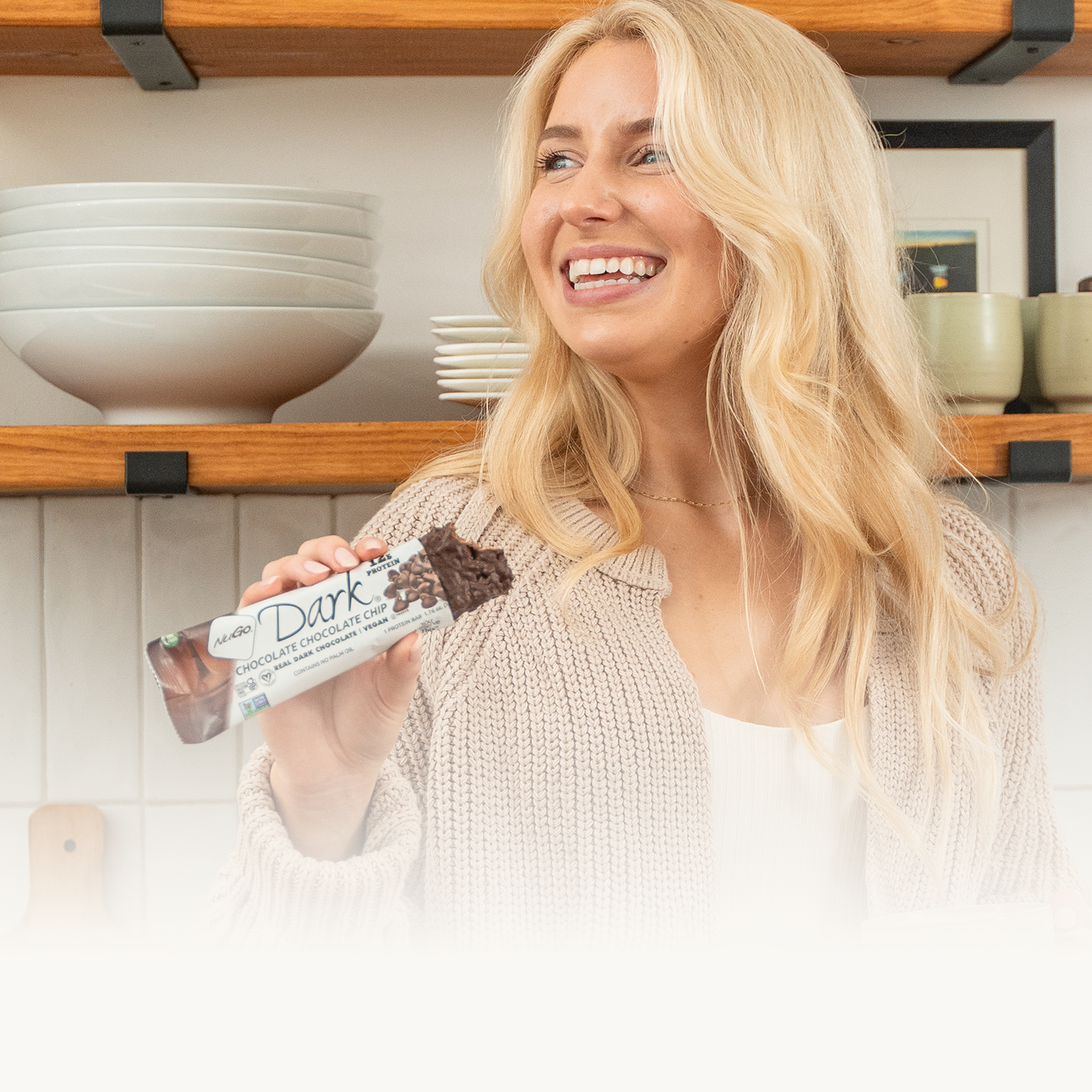
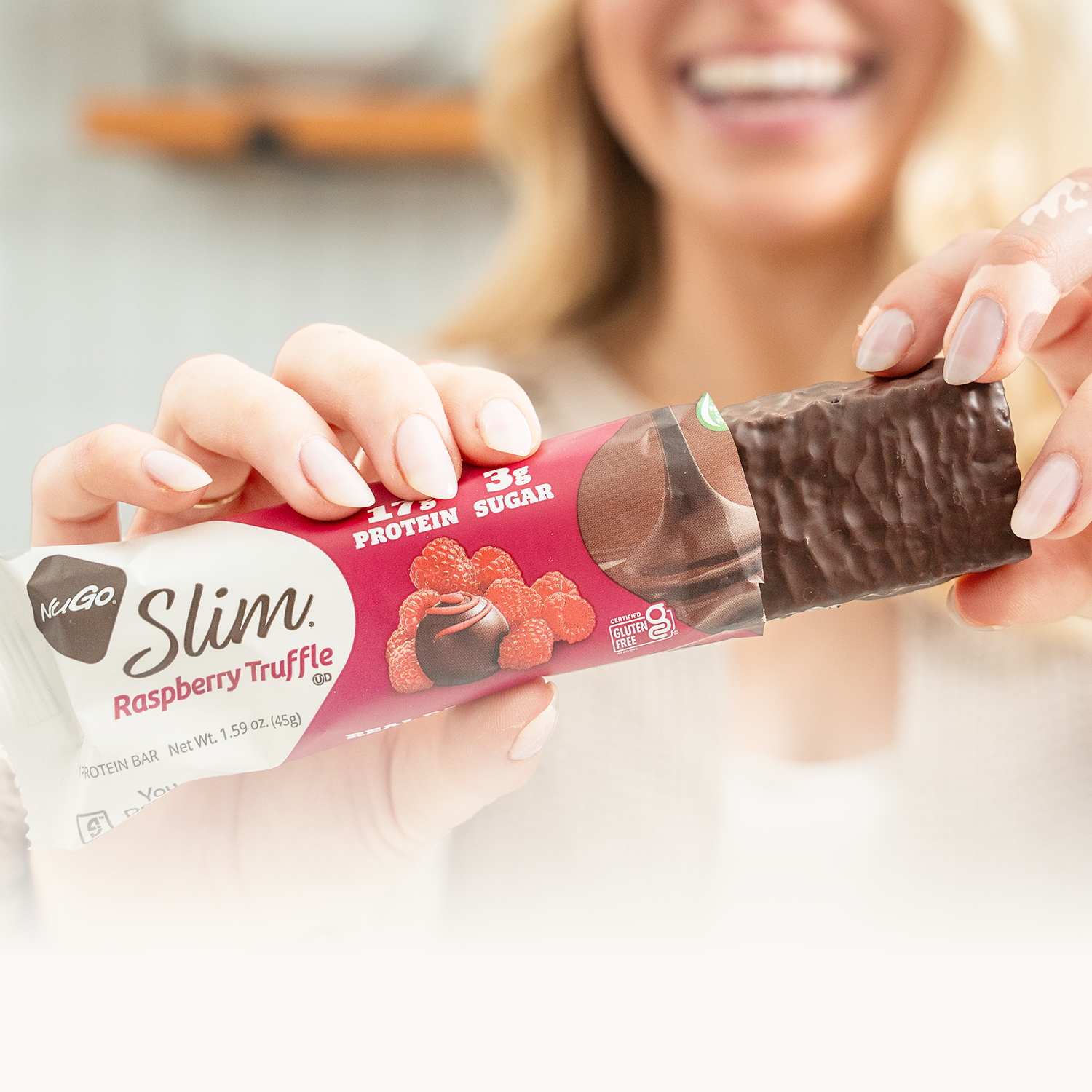

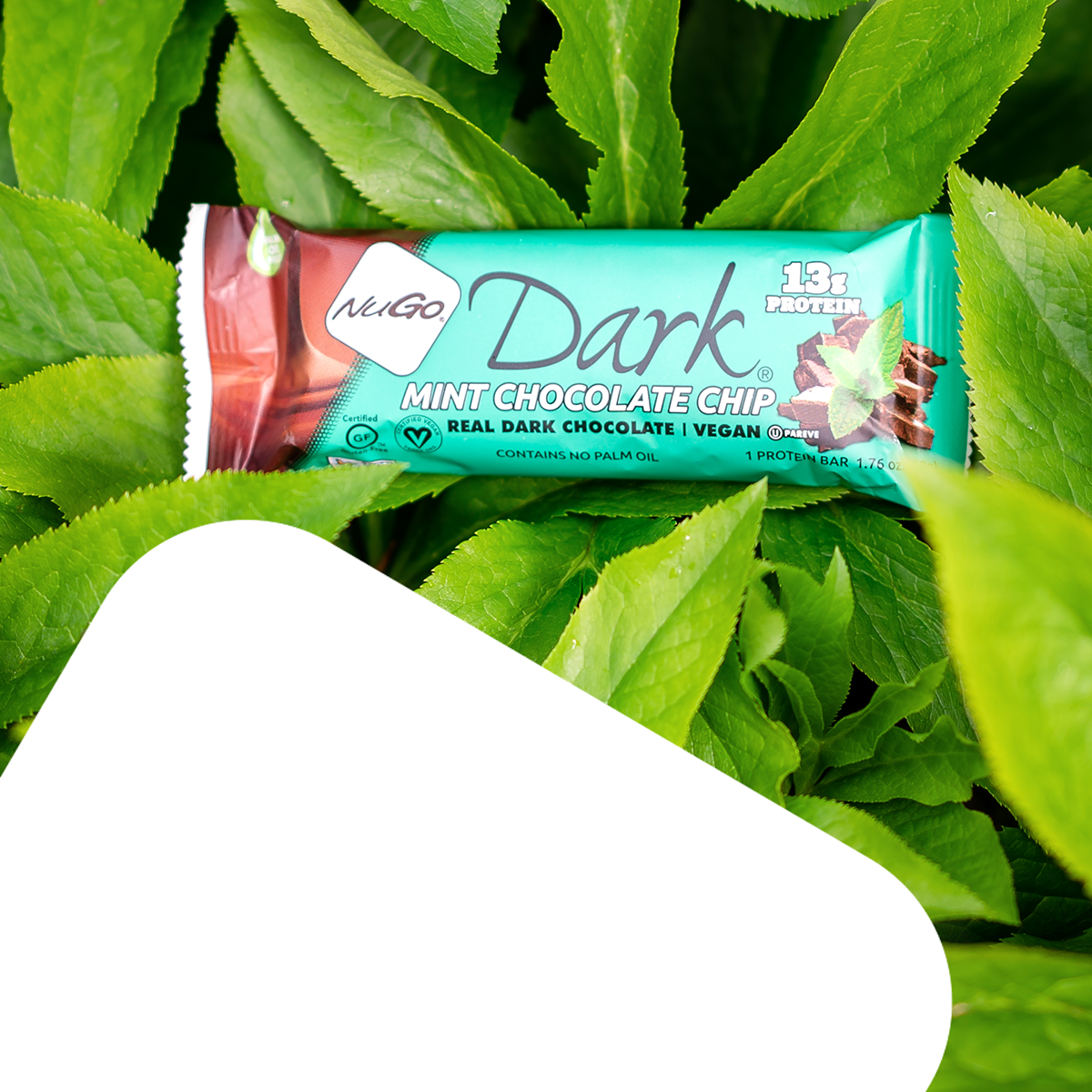
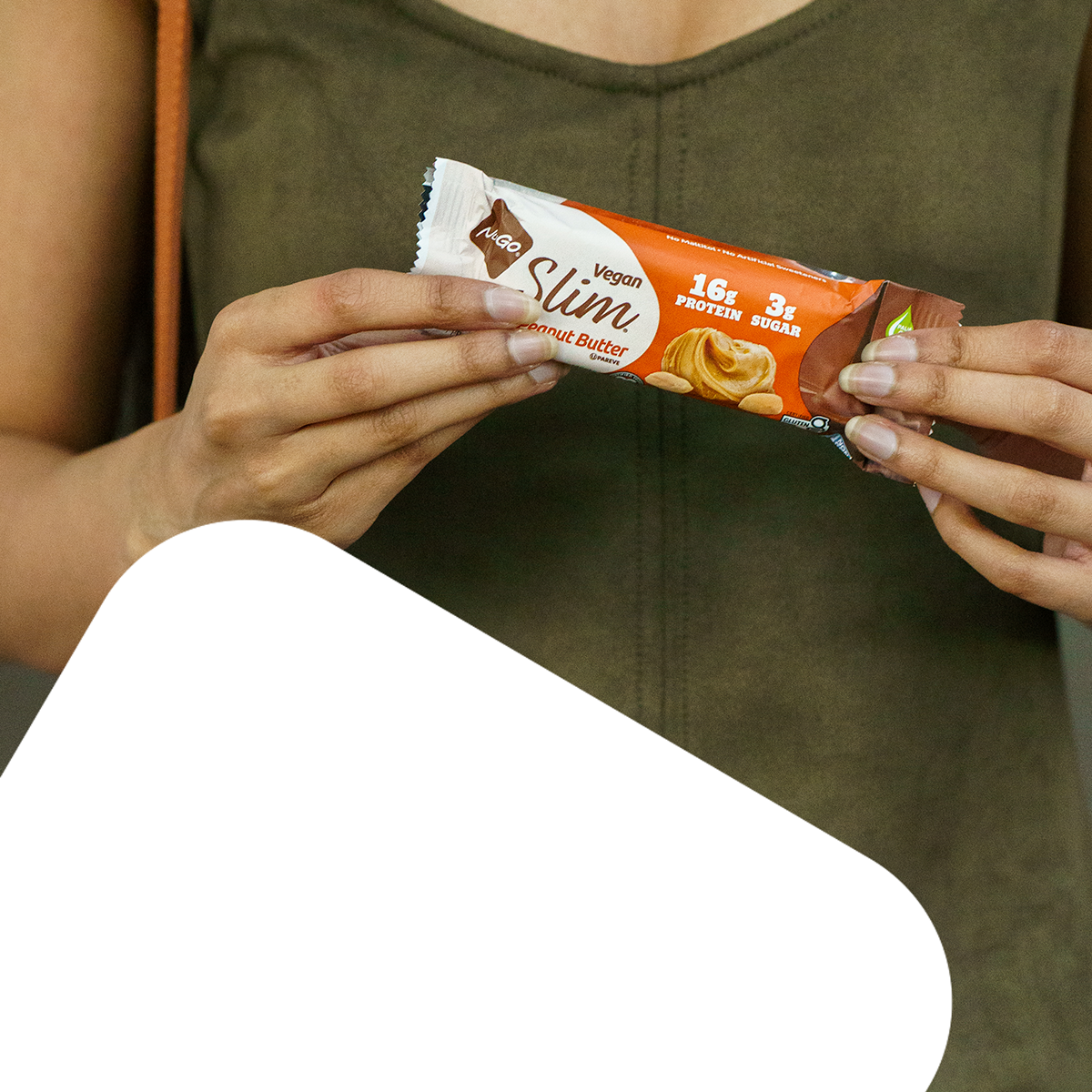
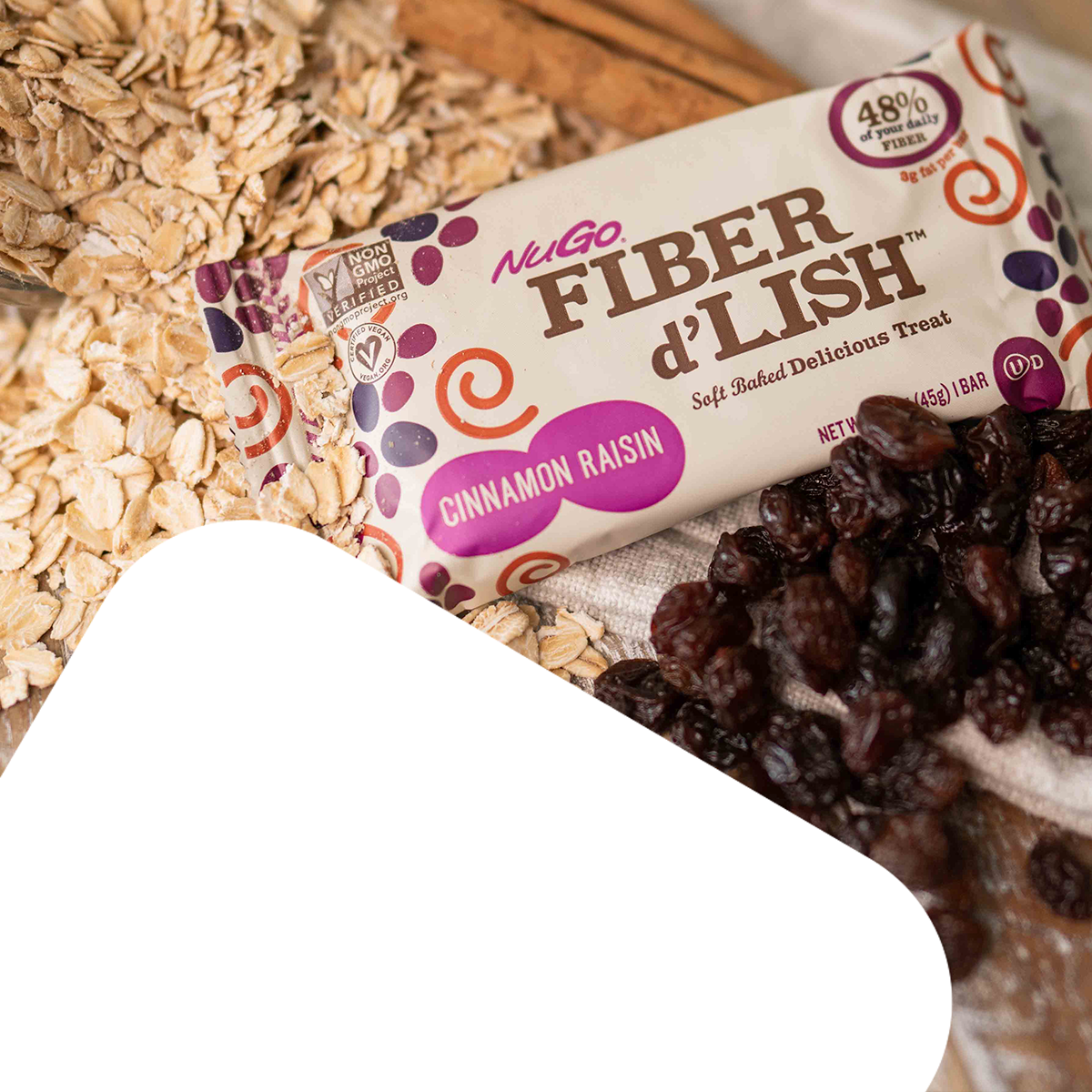
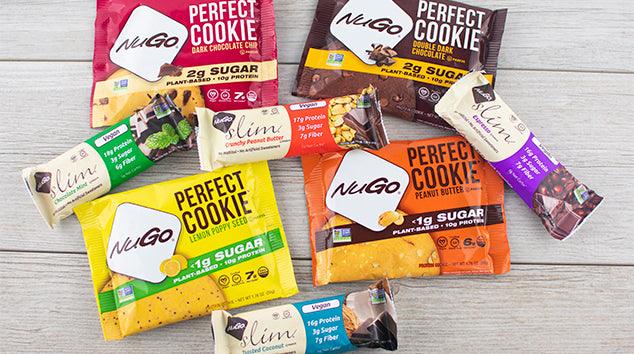


Leave a comment
This site is protected by hCaptcha and the hCaptcha Privacy Policy and Terms of Service apply.